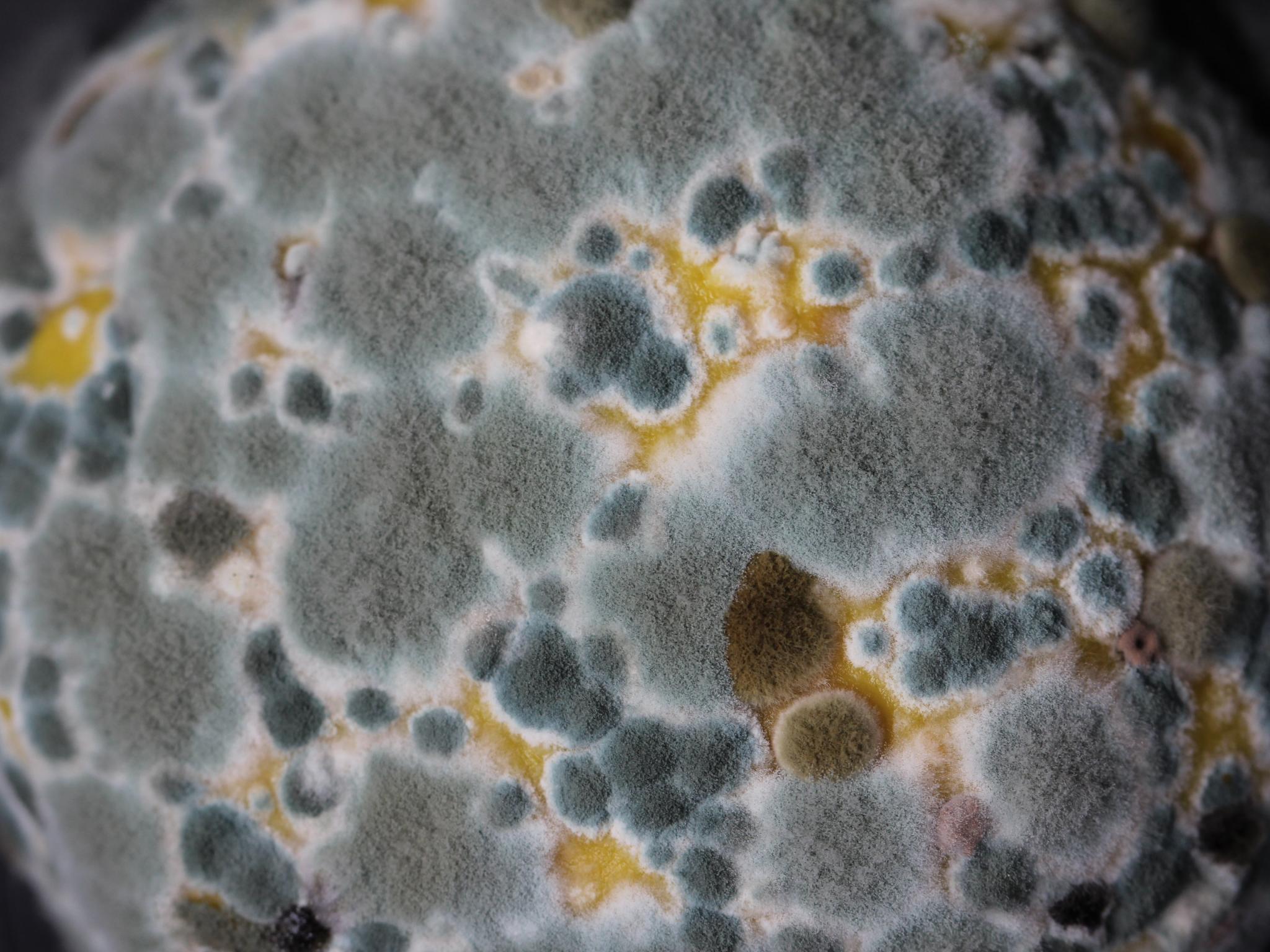
Last month the images of cannabis plants with powdery mildew circulated on social media.
The photos were taken at Canopy Growth's (TSX:WEED) (NASDAQ:CGC) facility in Smiths Falls, Ontario.
However, Mario Castillo, vice president of manufacturing at the Canadian cannabis giant, said that they are not representative of the company's cultivation operations, Marijuana Business Daily writes.
No Mold After All?
Castillo claimed that the plants in the photo would not have passed the company's quality control system and would have been slated for destruction. He said the mold was due to an irrigation-system failure at the facility.
"We had an irrigation system failure on Dec. 25 and 26," Castillo told Marijuana Business Daily in a phone interview. "There are quite a few fairly upset cultivation employees in our Smiths Falls facility because it is a photo taken completely out of context."
Mold is a problem in the cannabis industry. The occurrence and presence of mold are part of operating a large cannabis company, Castillo explained.
"Is it normal to have a crop that does suffer from (powdery mildew) every once in a while? For sure. That's part of this industry. And anybody that tells you they've never dealt with (powdery mildew) just hasn't grown cannabis," he said.
The company is cultivating between 100,000 and 120,000 plants at any given time, in addition to the clones used to support the network of plants and plants grown for research and development purposes.
"We have really talented people that grow our cannabis, and they've made humongous strides in being able to handle the pressures that they see on the plants," Castillo continued.
BC Tweed Incident
In the meantime, a mold issue the company faced in 2019 led to the end of the BC Tweed joint venture in Aldergrove, British Columbia, according to an inspection report by WorkSafeBC released to MJBizDaily via Canadian access-to-information laws.
While Canopy avoided any penalty related to the inspection, it ultimately closed the facility for other reasons.
Besides the Aldergrove greenhouse, Canopy also closed a facility in Delta, affecting some 500 employees. Back then, Canopy Growth said that these moves were part of its strategy to adjust cultivation capacity to expected demand.
Castillo said those "particular facilities … were not meant for growing cannabis. And therefore, when you look at environmental controls and conditions, it's difficult to create the right environment."
"There were two complaints made regarding exposure to mold," Castillo acknowledged, calling powdery mildew or mold an "occurrence that can happen for many different reasons."
"While (greenhouses are) being retrofitted and you're learning to cultivate at scale, you're going to have crops that fail," Castillo continued. "Those particular crops were destroyed. They never made it to market."
Michigan's "Moldy Cannabis" Saga
In Michigan, the saga of moldy marijuana recall continues, with the state's Marijuana Regulatory Agency's requesting to reinstate a previous recall of contaminated products.
The regulatory body initially issued a November recall of marijuana products that passed safety assessments at testing facilities, Viridis Laboratories and Viridis North, which test 60% of the state’s total supply.
The recall impacted nearly 70% of the state's on-shelf cannabis products sold at more than 400 stores.
A lawsuit was filed against the MRA by the marijuana testing facility at the center of the debacle. A 200-page complaint argued that the MRA illegally shut down its facilities.
After Judge Christopher Murray partially ruled in favor of Viridis in December, the Michigan regulatory body filed a court motion, urging the judge to reconsider his previous decision.
Photo: Courtesy of Sandy Millar on Unsplash







